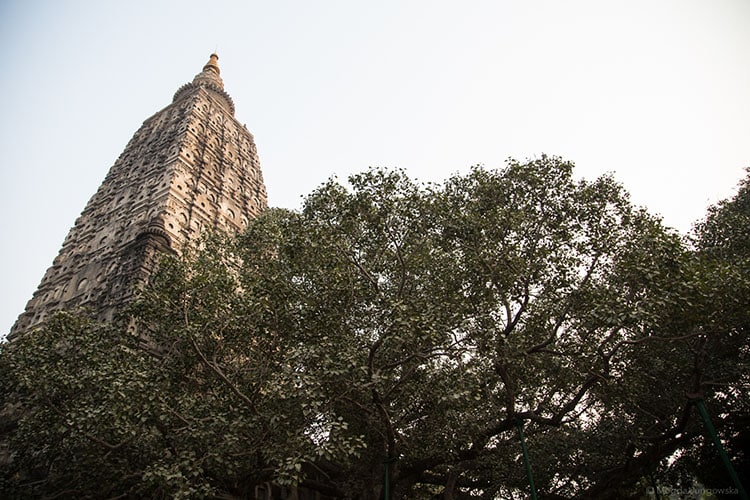Self-Esteem and Meditation
Category: Benefits of Meditation | Buddhist Meditation | Mind Trainer Articles | Mindfulness and Awareness

Discovering Genuine Confidence and Self-Worth through Meditation
Self-esteem or self-worth come from knowing, unwaveringly, that you are who you are and that you belong. There’s a contentment, a confidence, not in an arrogant sense but an honest one. When you are at ease with your place in the world, there’s no need to compare yourself to others—the very notion seems silly because you know you can trust yourself.
In my life, this relates directly to my meditation practice. As we practice, we can see very clearly how the comparison habit works. For example, we have a tendency to compare our body types or shapes to those we see on the internet. We see a model, and immediately we begin to feel inadequate. But because we’ve trained in returning to the breath in meditation, we’re able to realize that these are just thoughts. A thought may arise about another person, or food, or activities, or someone we met and what we could have and should have said. Or how we measure up to someone else. But when we simply come back to the breath, we realize that it’s just whispers and wind.
When you’re comfortable with yourself, then your dependence on how other people feel about you and the usual comparisons just disappears. This, for me, is self-esteem: the confidence to listen to and be guided by your best self. This confidence is unshakeable because you know it so thoroughly. It’s like a mountain–you can push it, throw rocks at it, and try to shake it but it’s not going anywhere because the foundation is so strong. Someone could say something mean to you, and you feel hurt. Or someone might show you something really nice that you immediately want to have, and you feel envy. Or someone may flatter you, and you feel all puffed up. You can let go of these. They’re just small winds blowing over the top of the mountain; the mountain itself never moves.
Self-pride is something else entirely. Pride is reactive, like “Look how well I did this or that. Look how good I’m making someone else feel. Look how much I can influence other people’s opinion of me.” As an example, why do people get so caught up in politics or national pride? Why do they need to think that their thing is better than yours? If their side wins, it bolsters their self-pride. It’s the opposite of self-esteem. Our side doesn’t have to win, our team doesn’t have to triumph, we don’t have to look for others’ approval, our nation doesn’t have to prove its might. We have the confidence to listen to and be guided by ourselves, and that’s more than enough.
When you meditate, you’re not trying to fix things. You’re just sitting with your mind. Can this make us feel worse? Or is meditation a reliable remedy for low self-esteem? Meditation is truly powerful, but it can also be frightening. Why? Because when you’re doing a good job of meditating the most hidden—and sometimes least savory—aspects of yourself really come to light. Meditation teaches you that you don’t have to do anything about the things you discover, whether pleasant or unpleasant, admirable or discouraging.
Actually, the more you think about “me” and “I,” the more you obsess about every possible nuance of your “self,” the more you reinforce the idea that “I have to compete, I have to compare.” But in truth, the more connected you are and the more your heart goes out to others, the less you think of “I.” Even though we’re talking about self-esteem, self-confidence, self-worth, etc., meditators tend to find that their practice actually decreases their tendency to focus on themselves and their little corner of happiness.
Underneath these clouds and the weather of our thoughts and feelings is the mountain of our radiant true nature. True confidence is never obsessed with the self; instead, it radiates out and increases our sense of connectedness. This is how our meditation practice empowers our self-esteem.






